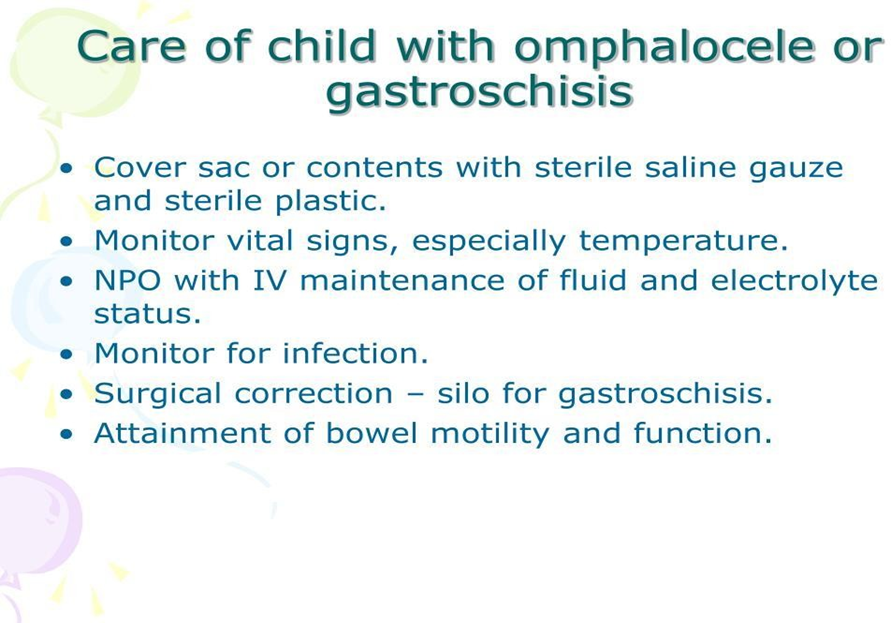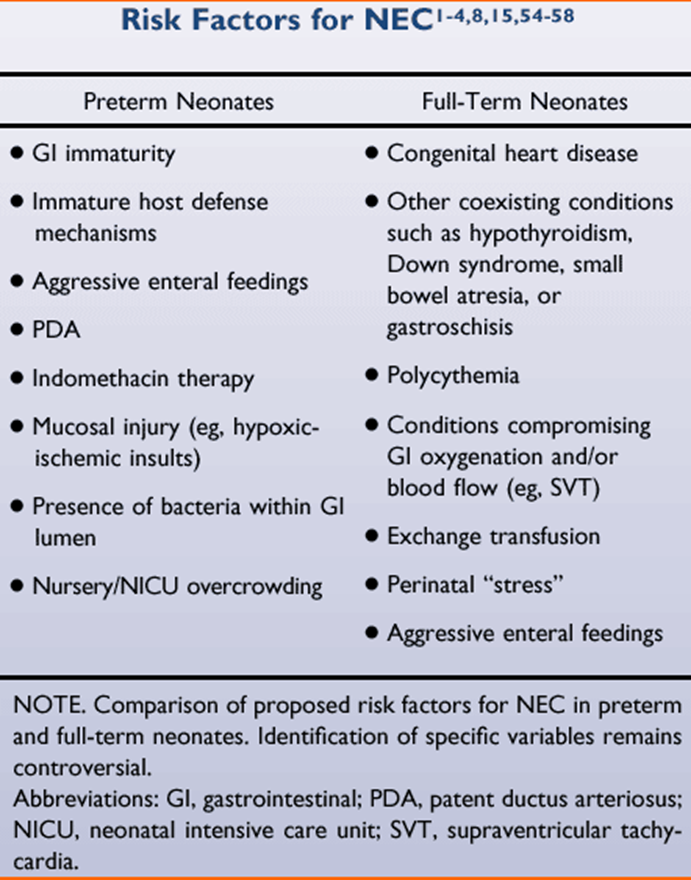The nurse is consulting with a child life specialist (CLS) to help minimize the stress of hospitalization for a child. Which services would the CLS provide? Select all that apply.
Only inpatient consultations with families
Emergency room interventions for children and families
Activities to support normal growth and development
Grief and bereavement support
Medical preparation for tests, surgeries, and other medical procedures
Support before and after, but not during, medical procedures
Correct Answer : B,C,D,E
A. Child life specialists (CLS) provide support not only to inpatients but also to children and families across various healthcare settings, including outpatient clinics, emergency rooms, and specialty care centers.
B. CLSs provide interventions and support in emergency room settings to help minimize stress and anxiety for children and families during medical emergencies.
C. CLSs organize activities and interventions tailored to the developmental needs of children to promote normal growth and development during hospitalization.
D. CLSs offer grief and bereavement support to children and families coping with loss or end-of-life situations.
E. CLSs provide medical preparation, including age-appropriate explanations and coping strategies, to help children understand and cope with medical procedures, tests, and surgeries.
F. CLSs offer support not only before and after medical procedures but also during them, providing emotional support, distraction techniques, and coping strategies to help children cope with stress and discomfort.
Nursing Test Bank
Naxlex Comprehensive Predictor Exams
Related Questions
Correct Answer is ["A","D","E"]
Explanation
A. Minimizing fluid loss is important in the care of a neonate with an omphalocele to prevent dehydration.
B. Preventing neonatal weight loss is not directly related to the care of an omphalocele.
C. While monitoring for hyperbilirubinemia is important in neonatal care, it's not specific to the care of an omphalocele.
D. Maintaining perfusion to the exposed abdominal contents is essential for preventing complications such as ischemia or necrosis.
E. Protecting the abdominal contents helps prevent infection and trauma to the exposed organs.

Correct Answer is ["B","C","D","E"]
Explanation
A. Hyperthermia is not typically associated with an increased risk of necrotizing enterocolitis.
B. Low Apgar scores indicate that the baby had difficulty adapting to life outside the womb and may have suffered from hypoxia or acidosis.
C. Preterm birth is a significant risk factor for necrotizing enterocolitis.
D. Respiratory distress syndrome is associated with prematurity and is a risk factor for necrotizing enterocolitis.
E. Exchange transfusion, a procedure often performed in neonates with severe jaundice or anemia, is associated with an increased risk of necrotizing enterocolitis.
F. Hyperglycemia is not typically associated with an increased risk of necrotizing enterocolitis.

Whether you are a student looking to ace your exams or a practicing nurse seeking to enhance your expertise , our nursing education contents will empower you with the confidence and competence to make a difference in the lives of patients and become a respected leader in the healthcare field.
Visit Naxlex, invest in your future and unlock endless possibilities with our unparalleled nursing education contents today
Report Wrong Answer on the Current Question
Do you disagree with the answer? If yes, what is your expected answer? Explain.
Kindly be descriptive with the issue you are facing.
